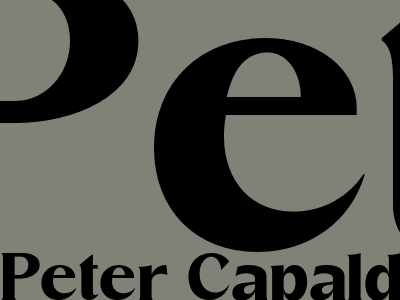
Google SEO Best Practices for Bloggers
Introduction
In the ever-evolving realm of digital marketing, search engine optimization (SEO) stands as a vital force for online visibility and success. For bloggers seeking to expand their audience and establish a strong online presence, mastering the intricacies of SEO is paramount. In this comprehensive guide, we will delve into the best practices of SEO for bloggers, empowering you with the knowledge and tools necessary to optimize your content for search engines and captivate your target audience.
Understanding Search Engine Optimization (SEO)
SEO is the process of enhancing a website or blog's visibility and ranking in search engine results pages (SERPs). Search engines like Google utilize complex algorithms to crawl and index websites, evaluating various factors to determine their relevance and quality.
By aligning your content with these search engine algorithms, you can improve your blog's visibility and attract organic traffic. However, it's crucial to approach SEO ethically, adhering to search engine guidelines and providing genuine value to your readers.
Optimizing Your Blog Content
The cornerstone of effective SEO is creating high-quality content that resonates with your target audience and meets their search intent. Focus on delivering informative, well-written articles that provide valuable insights, solutions, or entertainment.
Keyword Research
Identifying relevant keywords is essential for optimizing your content for search engines. Conduct thorough research to determine the terms and phrases your target audience is searching for. Incorporate these keywords naturally into your headlines, body text, and headings.
Headings and Structure
Properly structured content not only enhances readability but also improves SEO. Use clear and concise headings (H1, H2, etc.) to outline your article's main points and organize your content logically.
Ensure your H1 tag accurately reflects the main topic of your article and includes your primary keyword. Subsequent H2 and H3 tags should further break down your content, introducing specific subtopics and providing further context.
Internal Linking
Interlinking your blog posts helps search engines understand the relationships between your content and establish a clear site architecture. Link to relevant articles within your own blog to provide additional information and create a cohesive user experience.
On-Page Optimization
On-page optimization encompasses technical aspects of your website or blog that can impact your SEO ranking. Address these elements to ensure your content is easily accessible to search engines and users.
Page Speed and Mobile Optimization
Website speed and mobile optimization are crucial for delivering a positive user experience. Search engines prioritize websites that load quickly and provide a seamless experience on all devices. Use tools like Google PageSpeed Insights to analyze and improve your site's performance.
Image Optimization
Use descriptive file names and alt text to describe your images, making them accessible to search engines and visually impaired users. Compress images to reduce file size without compromising quality, ensuring fast loading times.
Off-Page Optimization
Off-page optimization refers to factors outside your website that can influence your SEO ranking, such as backlinks and social media engagement.
Backlinks
Backlinks are links from other websites to your blog. Acquiring high-quality backlinks from reputable sources signals to search engines that your content is authoritative and trustworthy. Engage in guest posting, outreach, and other strategies to build a solid backlink profile.
Social Media Marketing
Leverage social media platforms to promote your blog content and engage with your target audience. Share your articles, interact with followers, and participate in relevant discussions. Social media activity can generate referral traffic and amplify the reach of your content.
Conclusion
Mastering SEO is an ongoing endeavor that requires patience, experimentation, and a commitment to delivering high-quality content. By implementing the best practices outlined in this guide, you can optimize your blog for search engines, increase your organic visibility, and connect with your target audience effectively.
Remember, SEO is not a one-size-fits-all approach. Tailoring your strategies to your specific niche, target audience, and industry is crucial for achieving optimal results. Embrace a data-driven mindset, track your progress, and continually refine your SEO efforts to stay ahead in the ever-changing digital landscape.